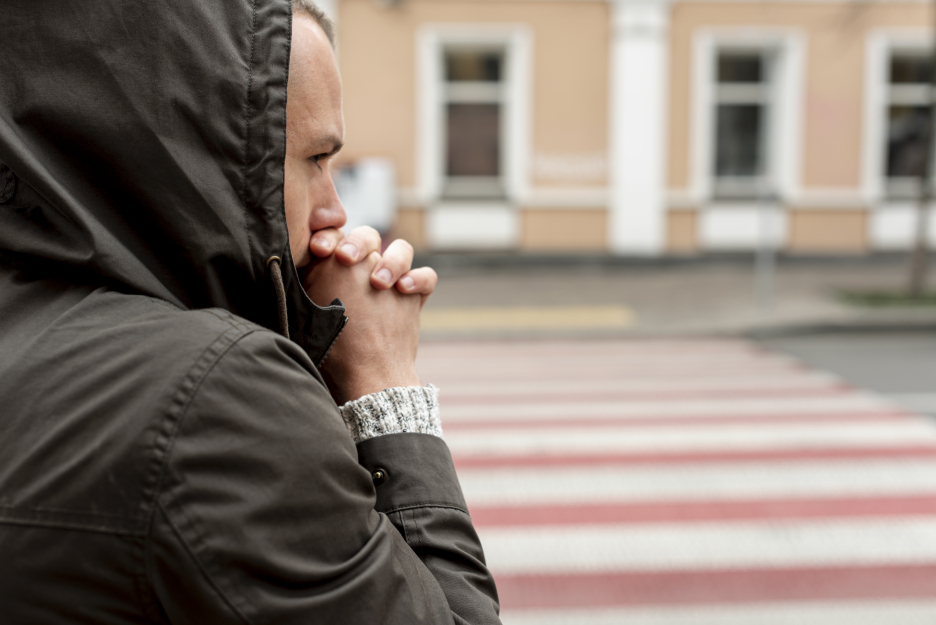SCOTLAND: MOST EXTREME BUFFER ZONE LAW COMES INTO FORCE

On 22 July 2024, Scotland's highly restrictive abortion 'buffer zone' law came into force, creating a 200-metre zone around abortion facilities where it will be an offence to 'influence' the decision of anyone entering the facility. Offences include acts committed on private property if the act “is capable of being seen or heard by another person who is within the safe access zone“.
The 'Buffer Zone' Bill (Abortion Services (Safe Access Zones) (Scotland) Act 2024) entered into force after passing all all the necessary legislative stages and sparking widespread debate about the criminalisation of silent prayer through this legislation (OIDAC reported).
While the bill has been created with the argument that it will protect women entering abortion facilities from ‘harassment’, the legislation does not limit the list of offences to actions taken with the intention of causing harassment or distress. Instead, it extends the offence to any act that has the effect of “influencing the decision“ of anyone entering an abortion clinic (Section 4, subsection (1)/A). Furthermore, even if someone doesn't intend to influence someone else's decision, it can still be an offence if the act is “reckless” as to its effect on the other person's decision. These norms raise some serious questions about how the authorities will determine or presume the intent of someone praying in or outside a hospital, for example.
The Act also states that offences include acts committed on private property if the act “is capable of being seen or heard by another person who is within the safe access zone“ (Section 5, subsection (1)/A). As the Scottish Government has acknowledged in a letter to all residents within the "buffer zones", this means that even activities within a private home can be considered as criminal offences. This could include, for example, displaying a pro-life sign on one's kitchen window or car, or having a conversation in one's own home if it can be heard from the street.
Following the conviction by a British court in October 2024 of an individual for praying silently in a 'buffer zone' on the grounds that his bowed head could be considered an act of “influencing”, it is furthermore feared that any expression of religious belief or prayer in a Scottish hospital which (often times, along with countless other medical services) provides abortion services (and are therefore considered “protected premises”) could be considered a potential offence.
Recognising this possibility, some Members of the Scottish Parliament (MSPs) attempted to introduce an amendment to the Bill that would exclude any offence if it was not reasonably foreseeable that the act would have any ‘influence’ on anyone entering the premises (OIDAC reported). However, these amendments were not included in the final version of the Bill.
Finally, the Scottish Ministers have the power to extend the "buffer zones" if they are 'satisfied that it is appropriate to do so' (Section 7, subsections (2) and (5)), and the Act does not set any limit on any extensions. This highlights the apparent trend towards increasing buffer zones; following the 100m in Northern Ireland and the 150m in England and Wales, the Scottish legislation opens the door to unpredictable restrictions.
Final version of the Act: legislation.gov.uk
Source: parliament.scot, gov.scot/-safe-access-zones, bbc.com, care.org.uk
Image: freepik.com